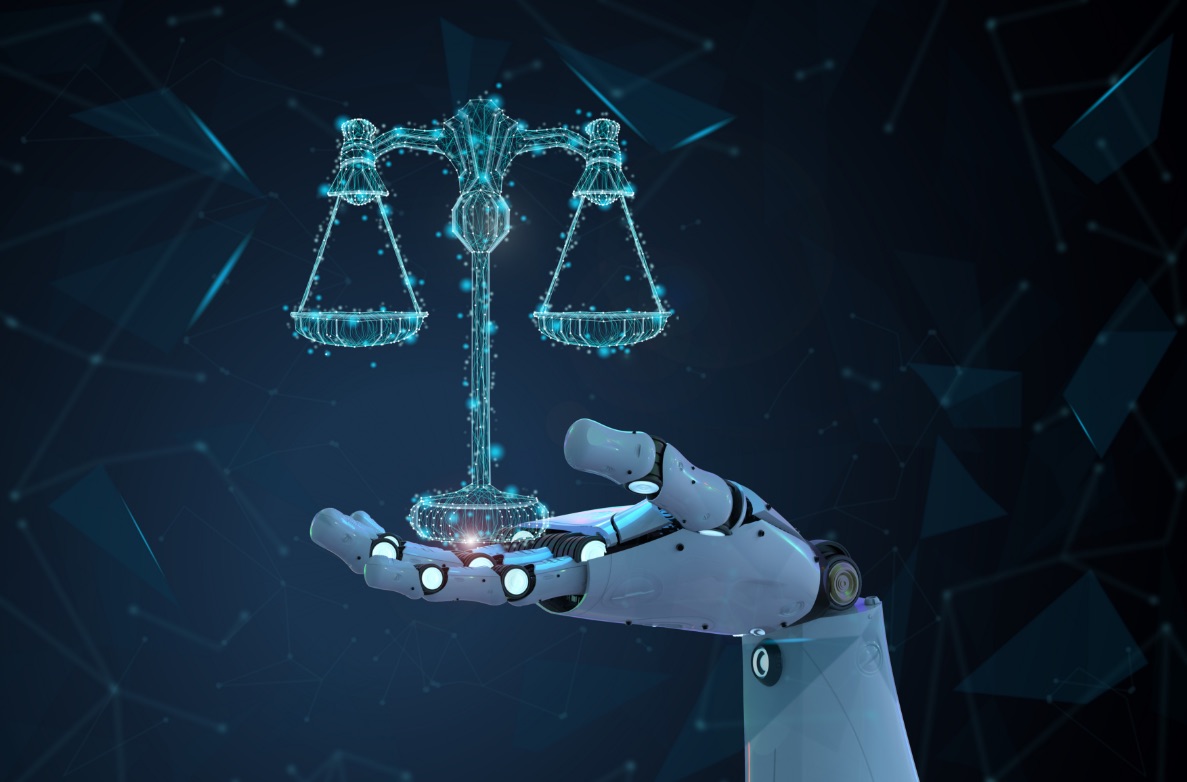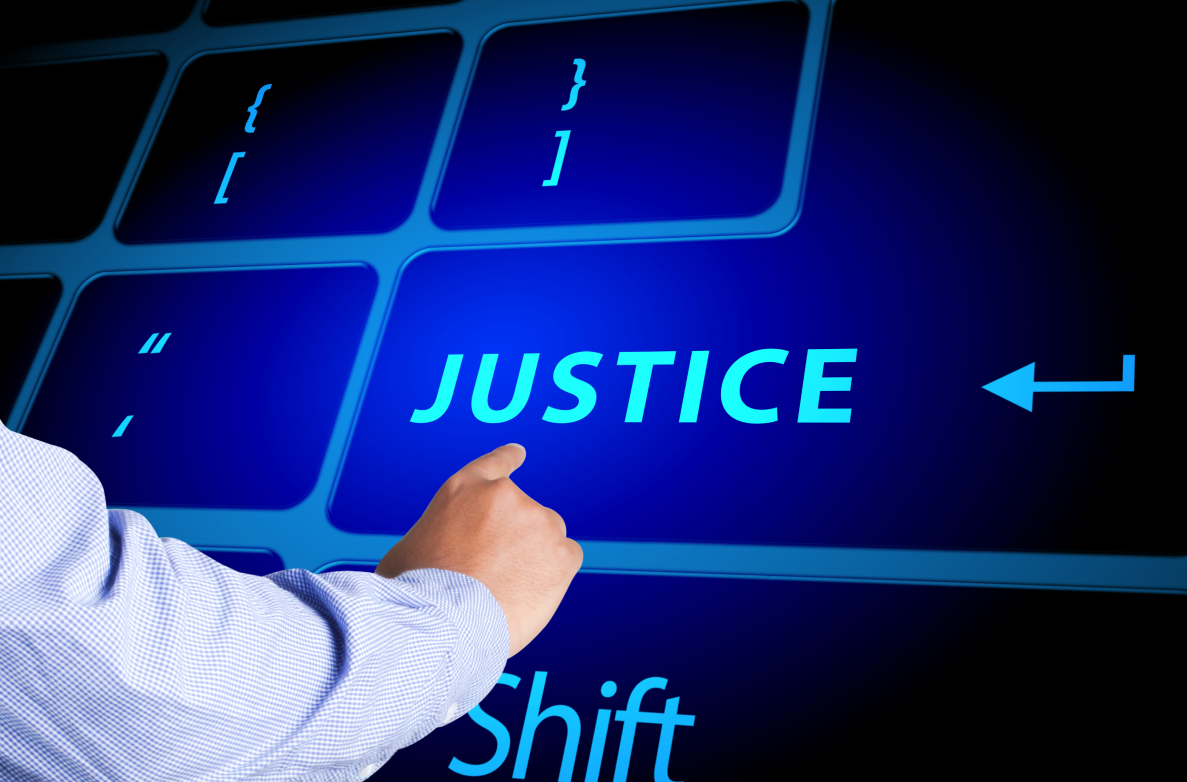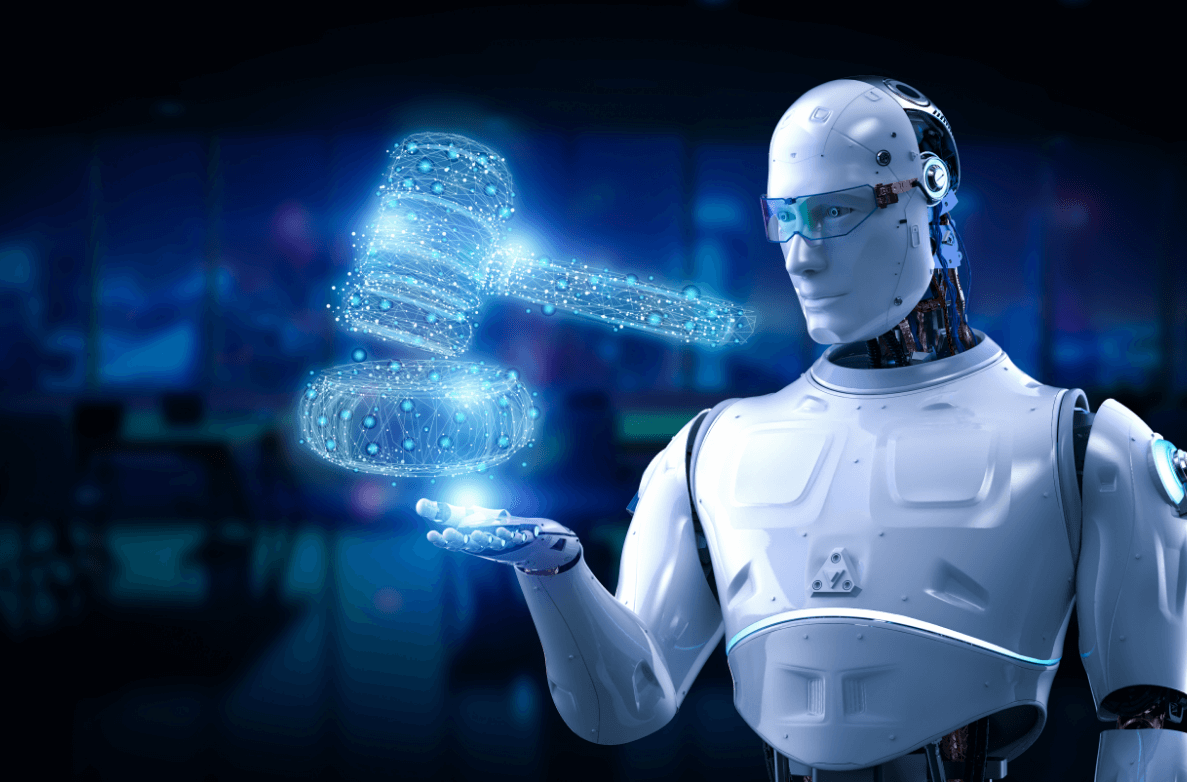Latest Update 3 years ago
Justice in the Imminent Age of Artificial Intelligence
The implications of using AI to provide people with a more efficient justice system are concerns that have dominated the discourse around AI for quite some time now

There is no denying that Artificial Intelligence (AI) has emerged as a gamechanger in the field of legal and justice tech – forging systems and methodologies that have quite effectively transformed the justice system. The implications of using these innovations to provide people with a more efficient, well-guided and high-quality justice system are concerns that have dominated the discourse around AI for quite some time now; and so far, there are several points weighing in favour of AI.
For the uninitiated, Artificially Intelligent systems have the ability to process large volumes of historical and/or current data, transform them into analytical findings with statistical relevance and draw correlations between the many factors that may have influenced the carrying out of justice – all the while using the fraction of the time and human resource that would have been poured into the process otherwise.
For a country with a detailed and just legal system, this analysed data can help paint a clearer picture, outline similar trends and make predictions on justice outcomes. To put it simply, it generates a mathematically valid and unbiased ruling which could serve as a guide or professional advice or can even aid in the judge’s decision-making process. This in turn, lends an unimpeachable degree of transparency and allows for fairer processing, thereby elevating the quality of justice.
The other criteria weighing in the favour of Artificially Intelligent systems is that they are the easier and quicker alternatives. For a legal system bogged down by endemic delays and numerous minor, important yet time-consuming procedures, the ease and swiftness lent by AI is sure to streamline processes and allow essential and valuable human resources to be directed towards more important matters, thereby elevating the efficiency of justice.
The last decade has been marked with the rise of several Artificially Intelligent systems in India and across the world. And through it all, it has been reiterated time and again that AI s will never completely replace the highly skilled human resources when it comes to decision-making processes. The goal and perhaps the ambition of the many sectors working within the frame of legal and justice technology now is to adapt the Artificially Intelligent systems to suit local laws, set relevant frameworks and guidelines in place and finetune them to become more functional and efficient and quietly yet surely, enhance the legal and justice experience.












